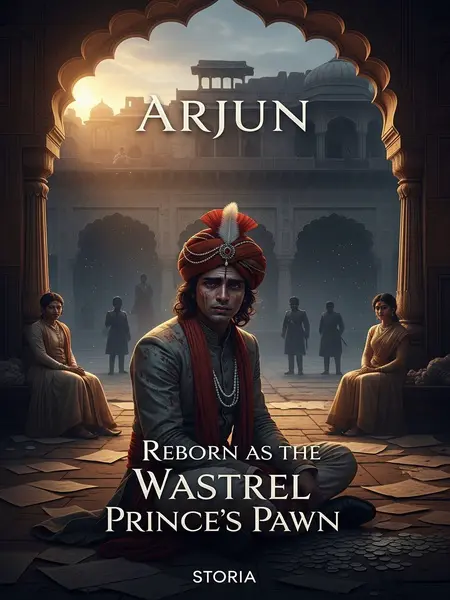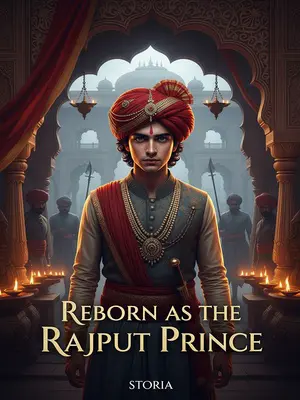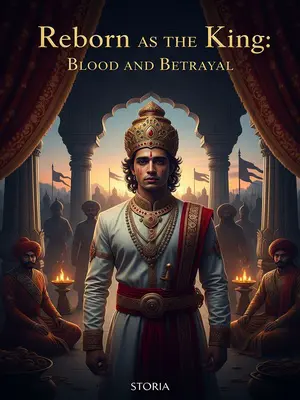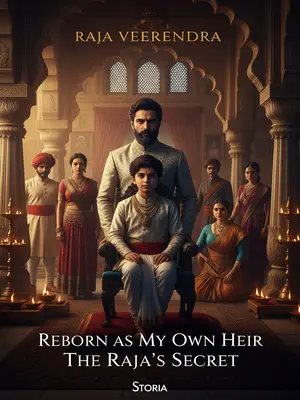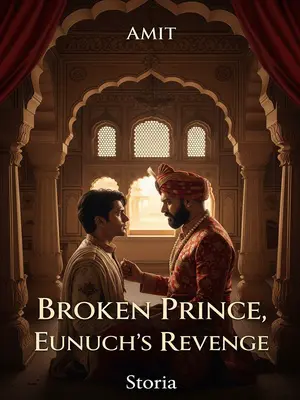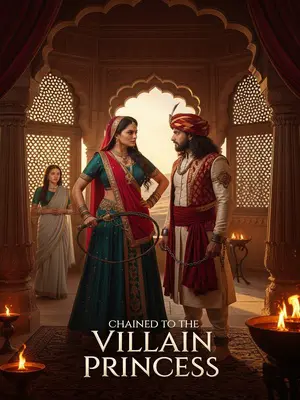Chapter 3: Drums in the Dark
As expected, the moment moving south was mentioned, the court erupted—officials threatened to smash their heads, some fainted, others wept. Shah Alam sneered at their petitions; I shrugged, thinking only of my lost fortune and new hunger pangs. Our neighbours mocked us, “khali katora waale.” Without my sister’s kitchen, I’d have wasted away.
Shah Alam worried, “With such opposition, how can I take the officials?” I was indifferent; loyalty here changed faster than aunty at a wedding buffet. The real danger was betrayal from within.
He placed the Kotwali under my command, promising a tenth of confiscated loot. Suddenly, my patriotism soared. I picked the best men, doubled pay, and the city buzzed with the sound of training. My father panicked at the black-clad guards outside, but calmed when I promised him a cut of the mess contract. Neighbours fled, our mansion became a barracks.
Petitions and protests flooded the court. Shah Alam ignored them, learning to make empty promises and focus on survival. I rewarded effort, punished sloth, and the “Rajeev Regiment” grew strong.
When it was time to pick leaders, I dangled real rewards—rank, pay, the ladder to heaven. The men erupted in cheers, their voices shaking the city. Even Shah Alam smiled when I saluted him, a rare moment of trust between us.
But the drumbeat of war grew louder. Agra and Meerut fell, Delhi was next. Calls for aid went unanswered; Raja Ravi arrived, all bluster. This time, with my family’s gold, the army was rewarded lavishly. I rushed to stop the appointment of a traitor as supervisor—Bahadur Ali was the only loyal one I remembered.
Raja Ravi swore to hold Faridabad. Shah Alam clung to hope. I had none, but prepared for the worst.
As the city’s rich fled south, the poor watched, indifferent. I led the Kotwali in a storm of confiscations—corrupt officials, nobles, even my old boss. No torture, just evidence and ruthless efficiency. My share grew, my father danced with joy, and the land was given to the poor.
The backlash was fierce—petitions, boycotts, curses. Assassins lurked, but Shah Alam finally defended me, learning to ignore the court’s howls. With seventy crore in gold, hope flickered.
I urged Shah Alam to move south. He hesitated, hoping for Raja Ravi. But time was running out.
That night, the drums of fate sounded—urgent knocking, flames on the horizon, Raja Ravi’s betrayal. Delhi’s gates were thrown open; the city burned. My men, drilled and ready, snapped to action.
I rushed to the fort, gathered my family, checked on my sister, ruffled Aaradhya’s hair—every gesture a silent promise to protect them. We bundled into bullock carts, fleeing through the chaos. “With me here, the Empire won’t fall yet!” I shouted, leading the way as the sky burned behind us.
The city vanished into darkness, but ahead—only the unknown, and the vow that this story would not end in surrender.
